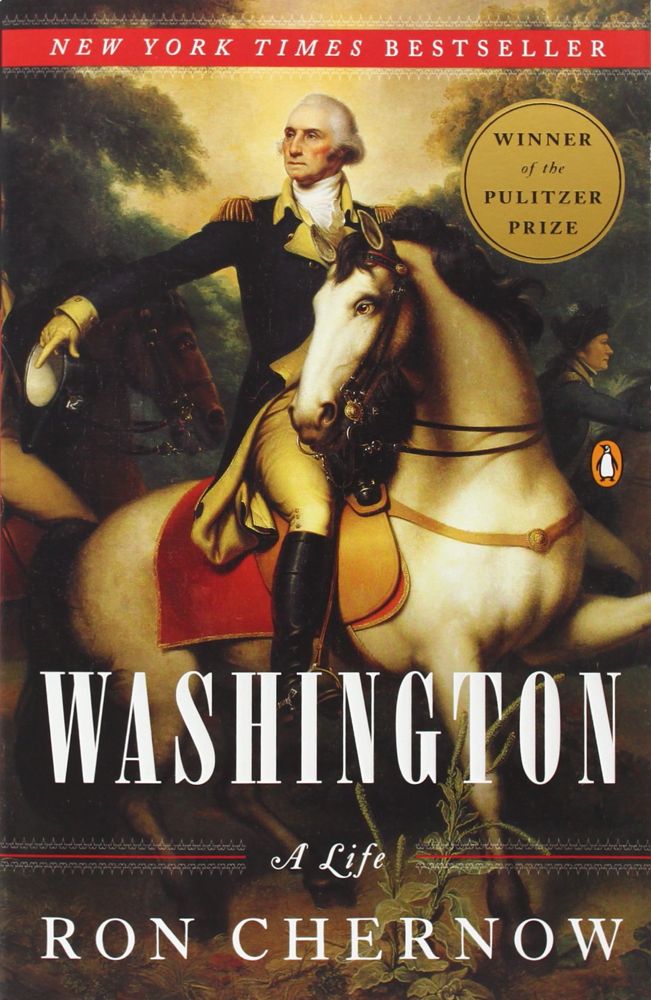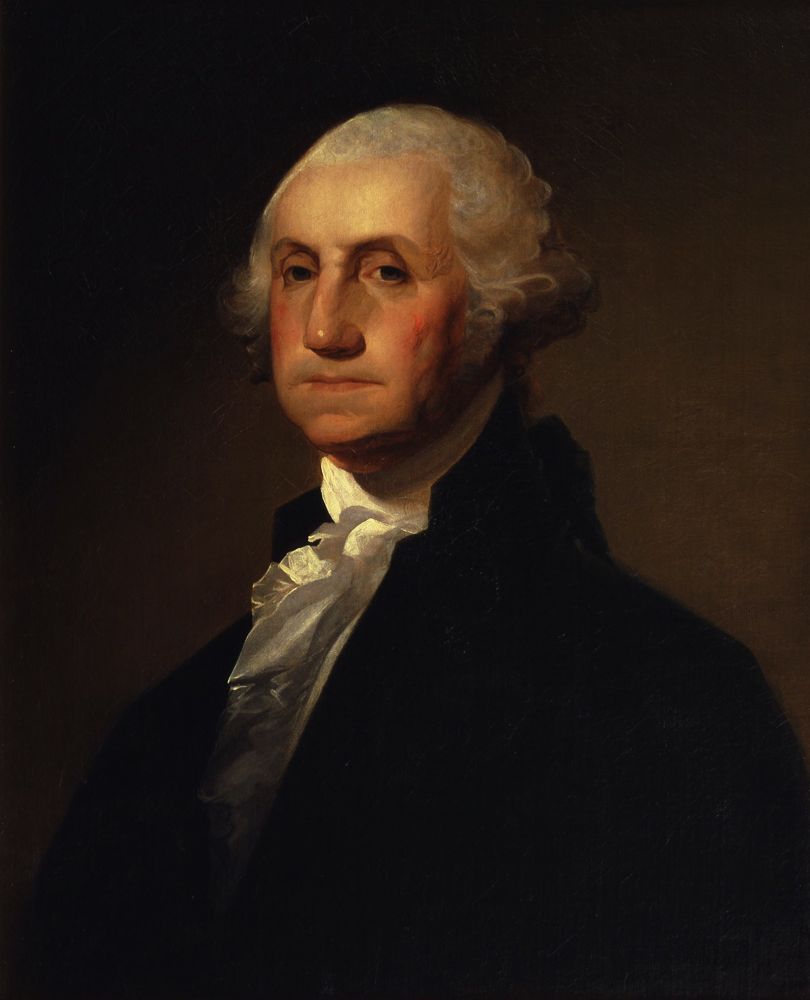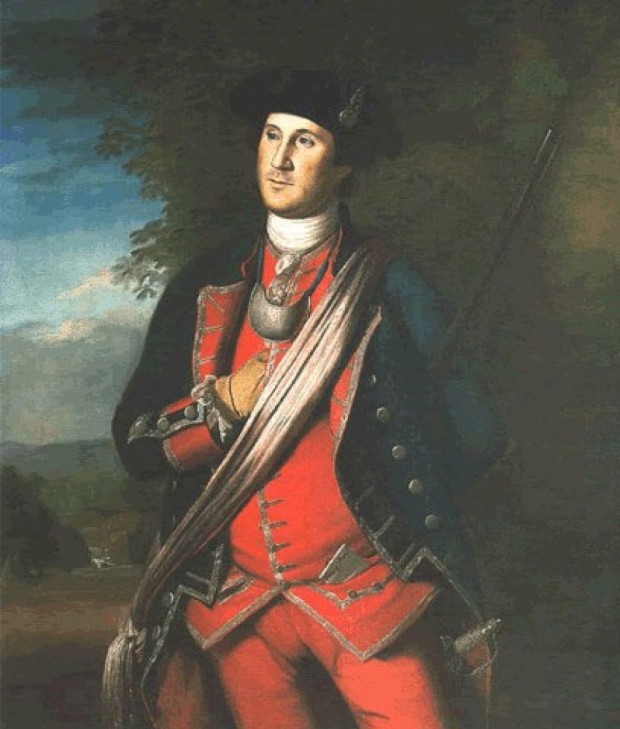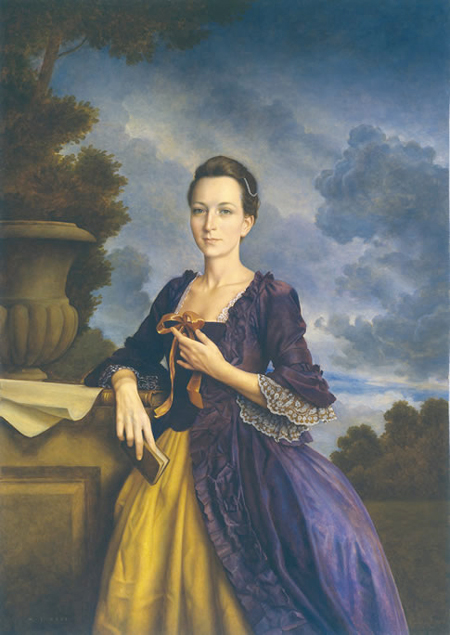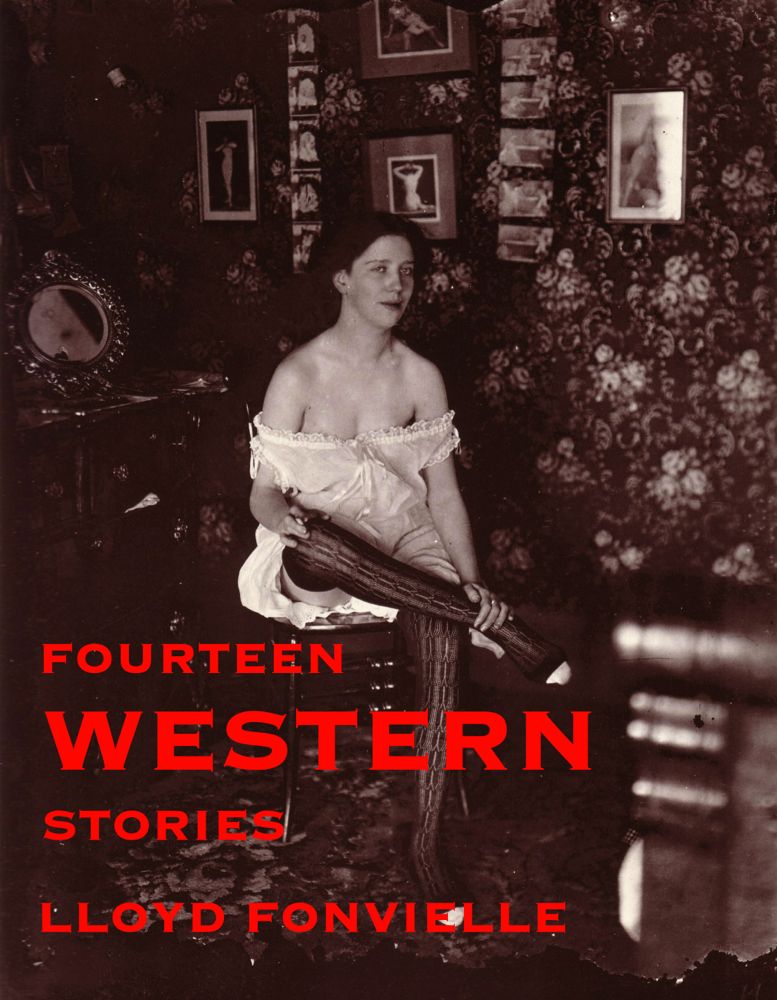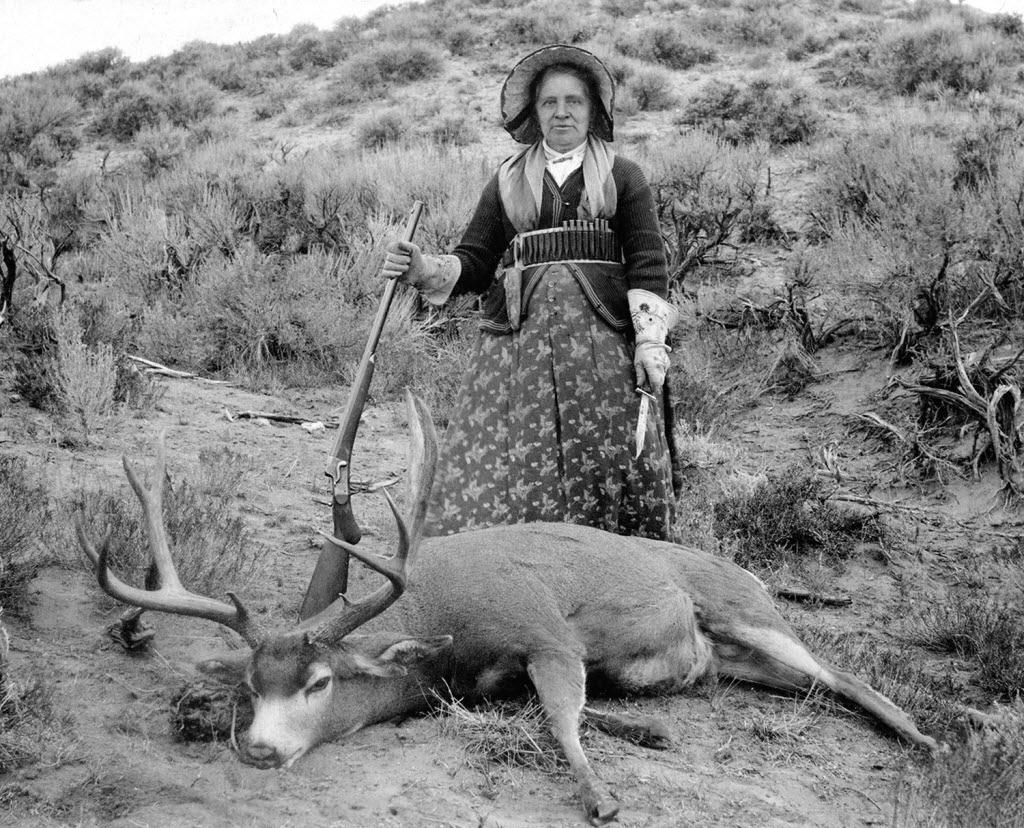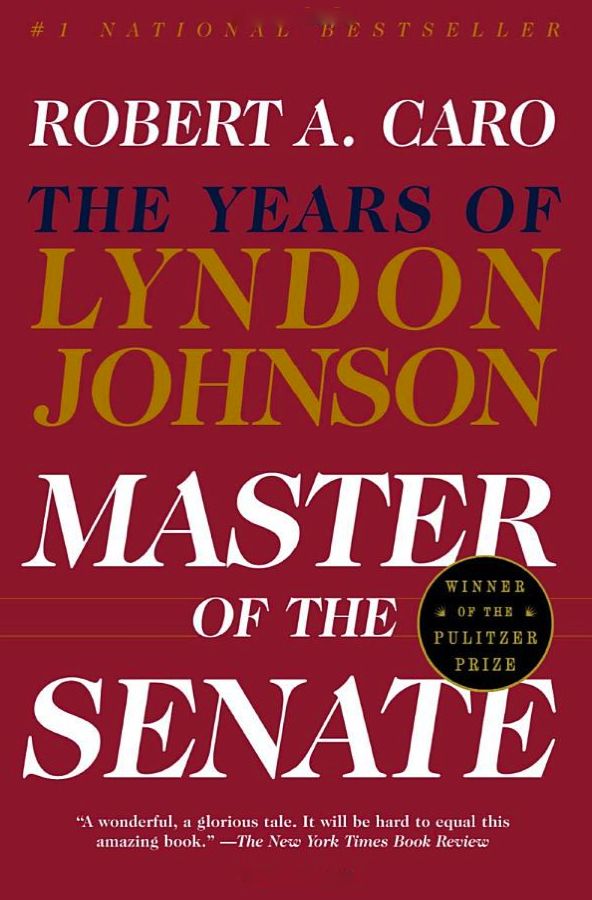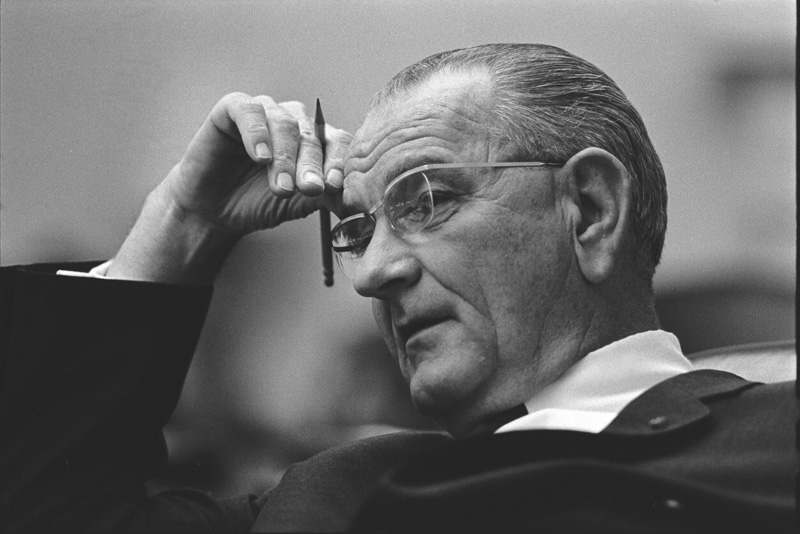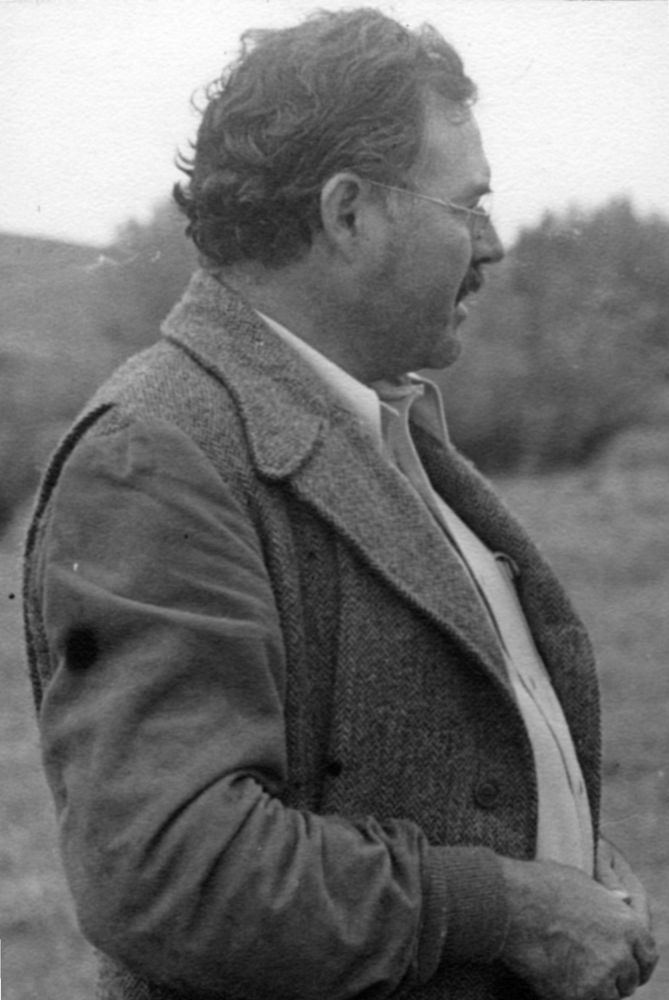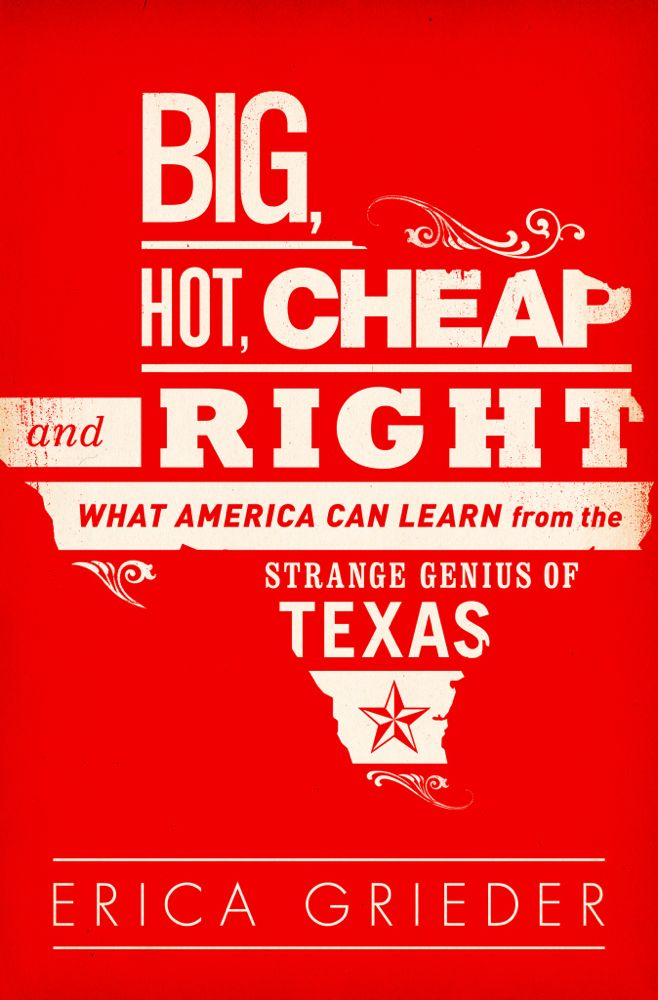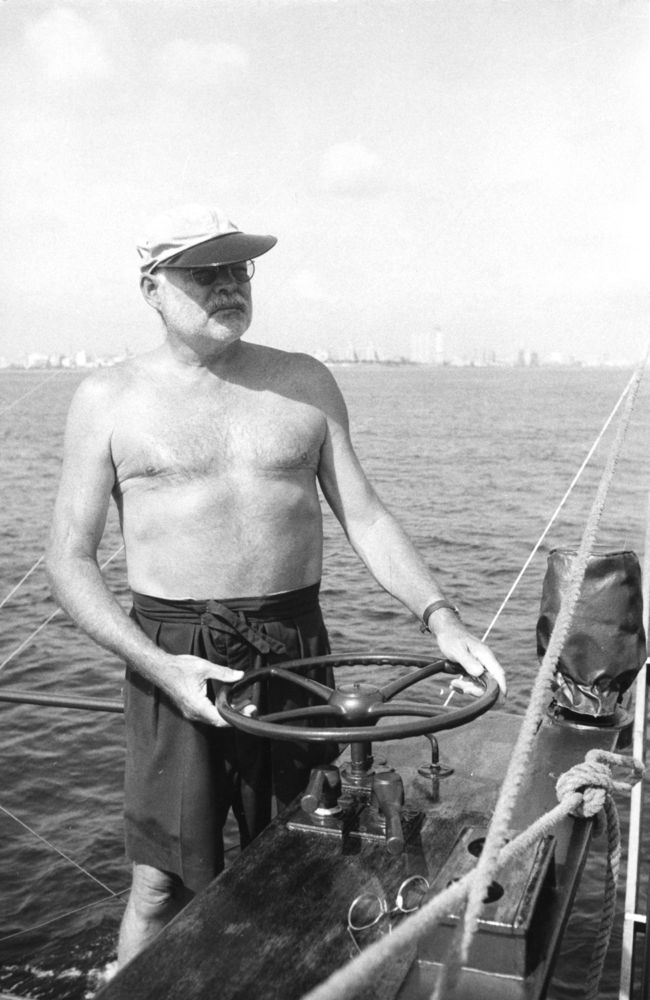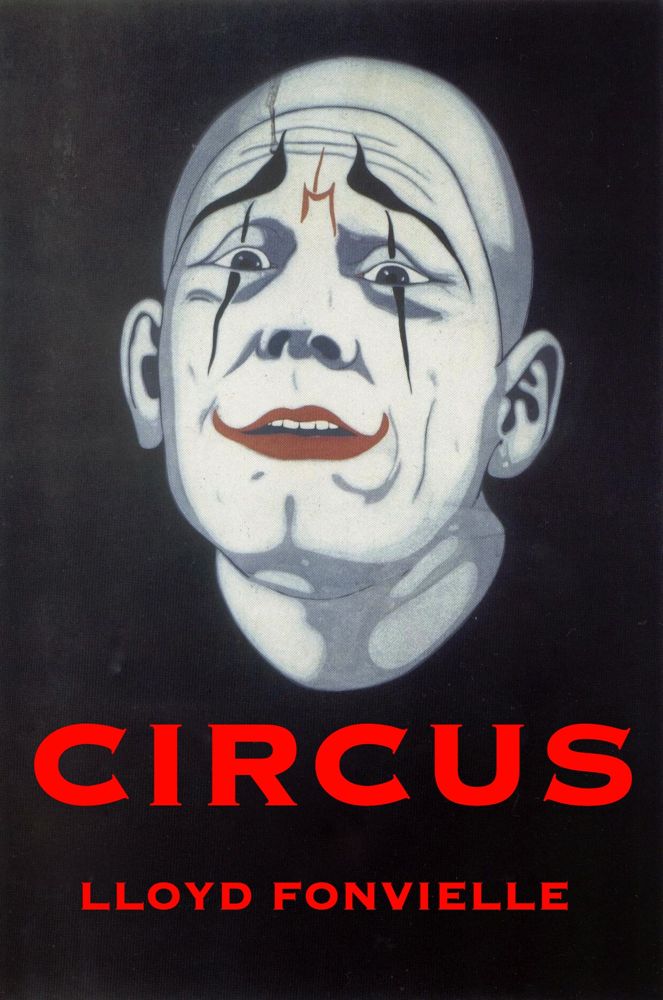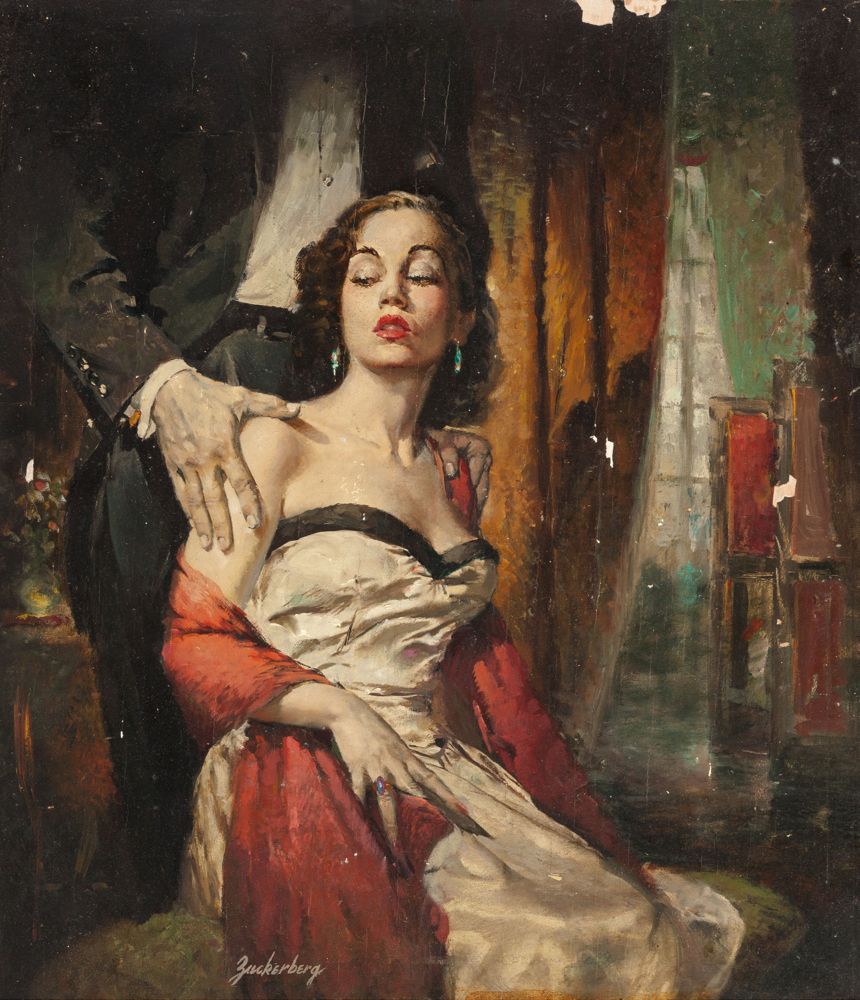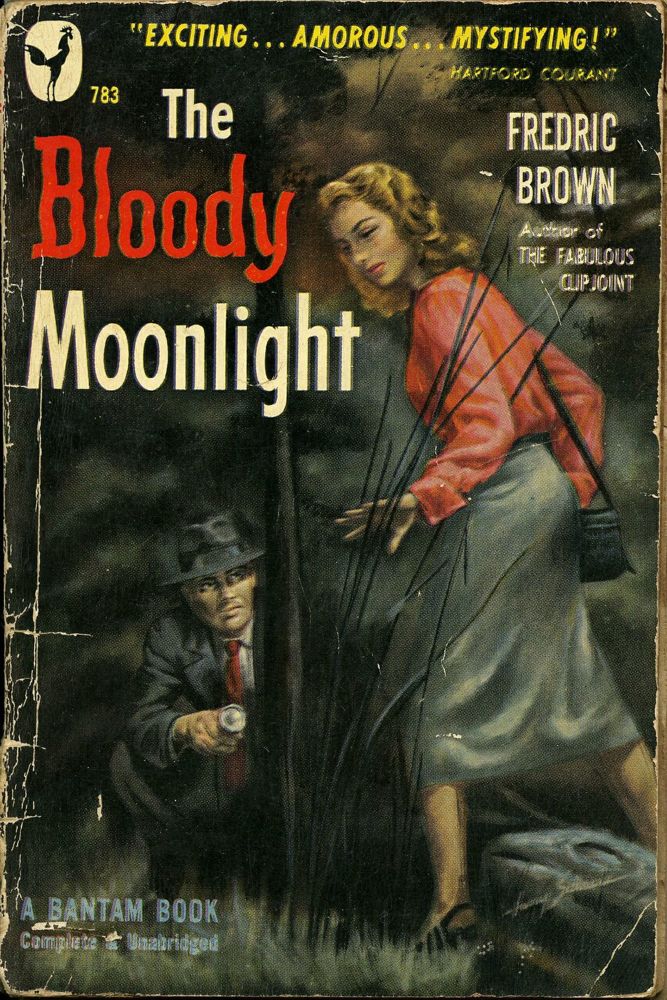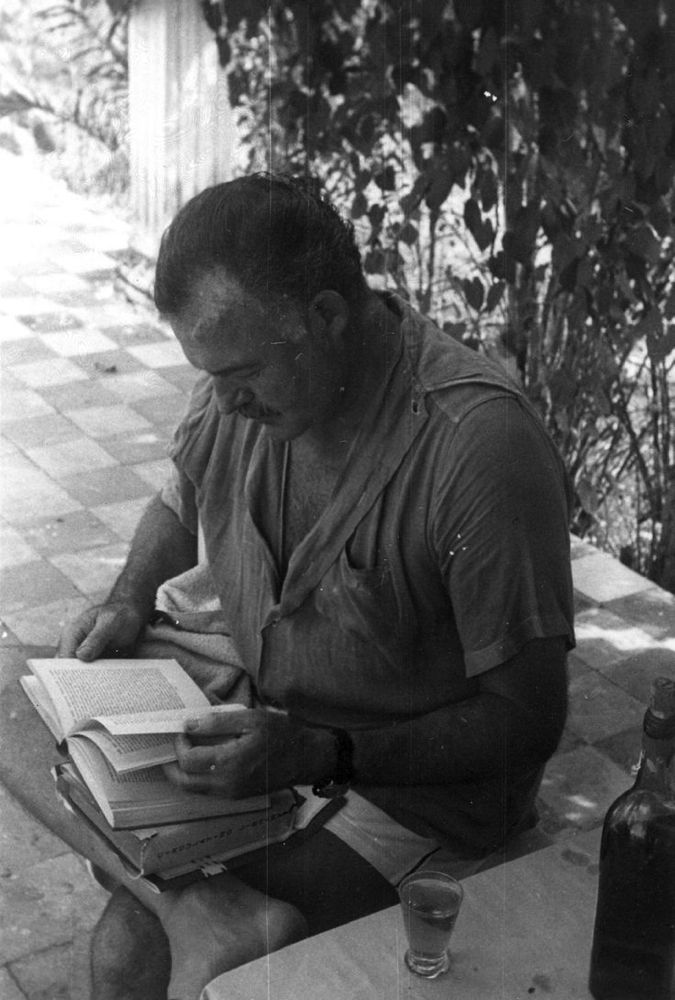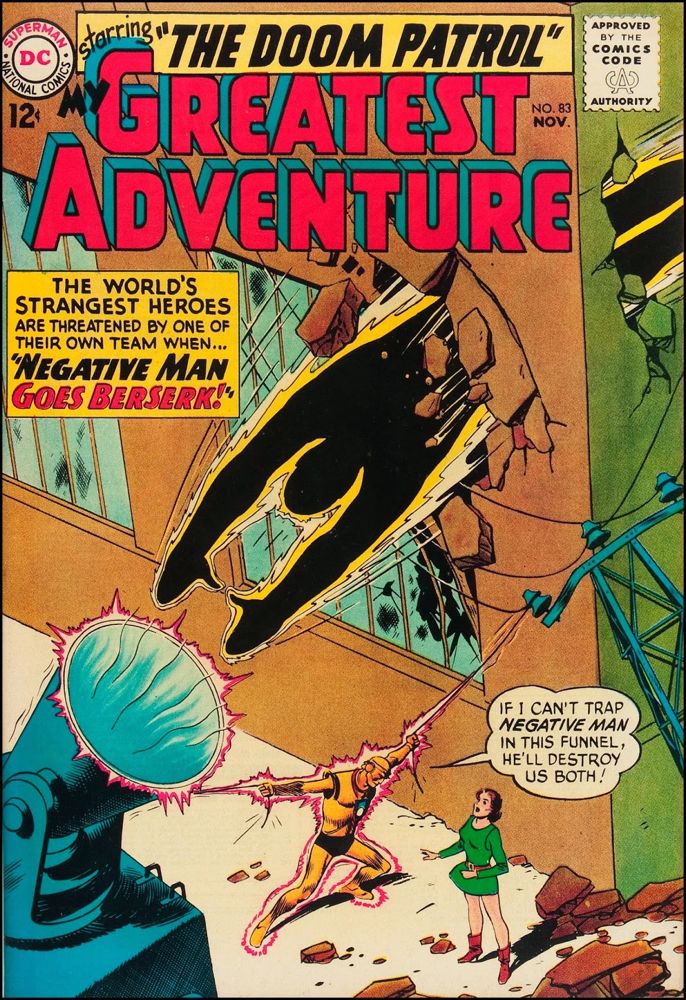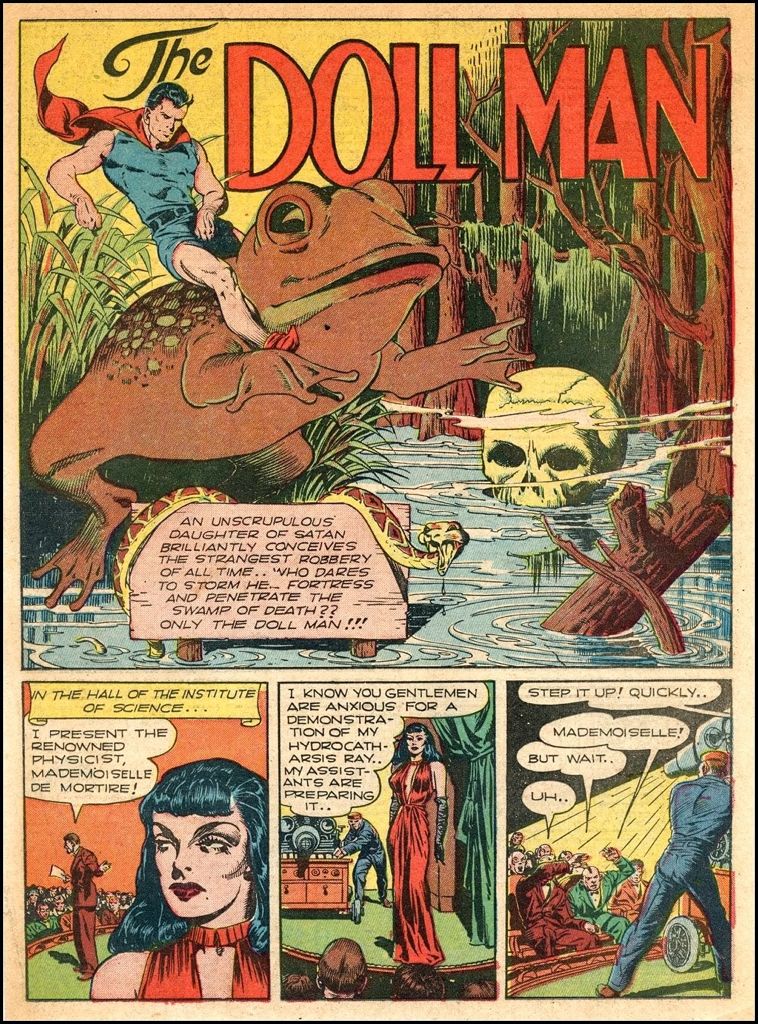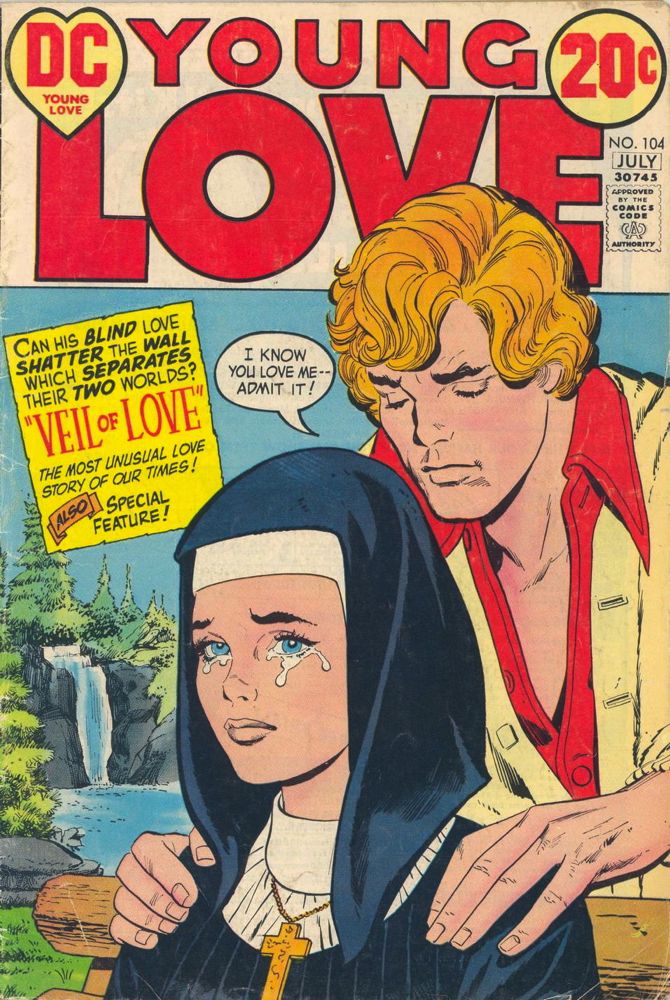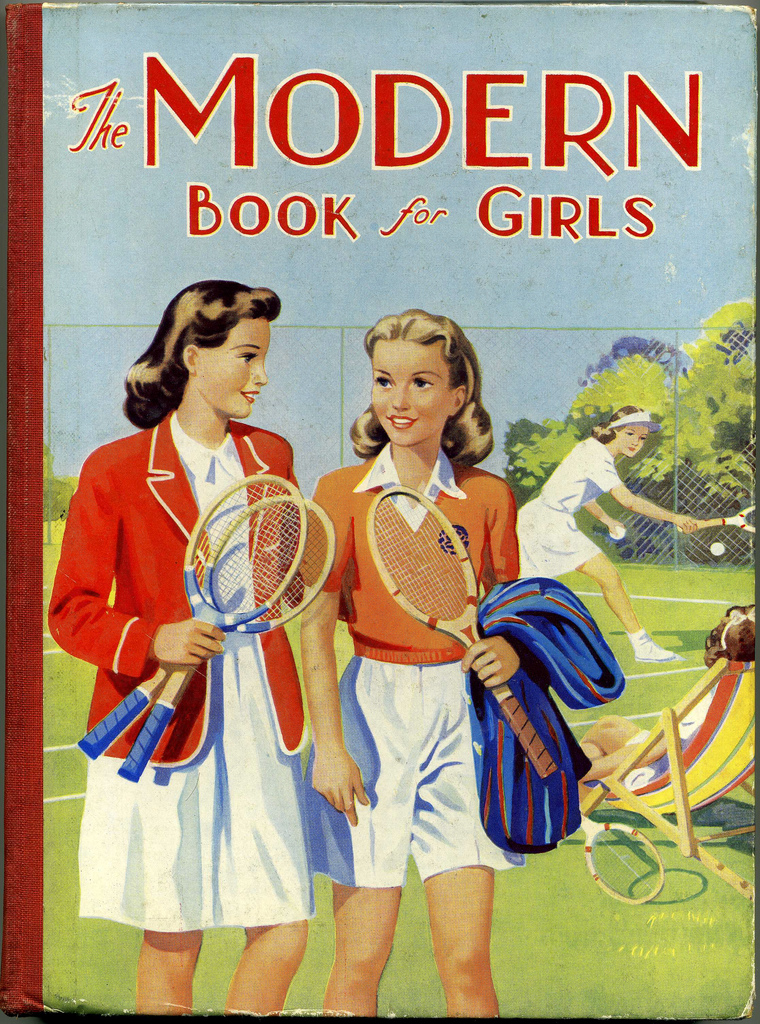America’s first President is usually seen as man easy to admire but hard to love. In his public life, and to a great degree in his personal life, he mastered a kind of cordiality without warmth, a modest reserve mixed with a forbidding austerity. He had a genius for silence, for withholding his true feelings, yet when he made up his mind to something he acted with unflinching resolve.
He was a man you underestimated at your own peril.
If you read Ron Chernow’s brilliant recent biography of the man, however,you will find it hard not to love George Washington — and not just for his services to his country. Beneath the artfully crafted facade he presented to the world was a man of deep sentiment and emotion and sensuality, sacrificed over and over again to his sense of honor and duty.
He was not a natural stoic, not a cold self-satisfied prig — he chose service over inclination as a matter of principle, and endured the sacrifices this entailed fully sensible of the pain and personal loss this choice cost him.
Towards the end of his life, after leading the Continental Army to victory over the British Empire, presiding over the creation of the American Constitution, serving wisely and indispensably as the first American President, he wrote a letter to a woman named Sally Fairfax, the wife of a good friend, with whom he’d had an intense and passionate if platonic flirtation in his younger days.
He said that the times he’d spent with her were the happiest of his life. She must have represented all he could have had in this world if he’d been willing to overstep the bounds of propriety, violate his honor, and hers, given up his notions of civic and personal probity, the record of integrity that enabled him to spearhead the creation a new country and bind it into a workable union.
He was not the sort of man to second guess the course he chose, but he was human enough to hold on to a longing for something simpler and sweeter and more enchanting. You have to love him, if only for that.

